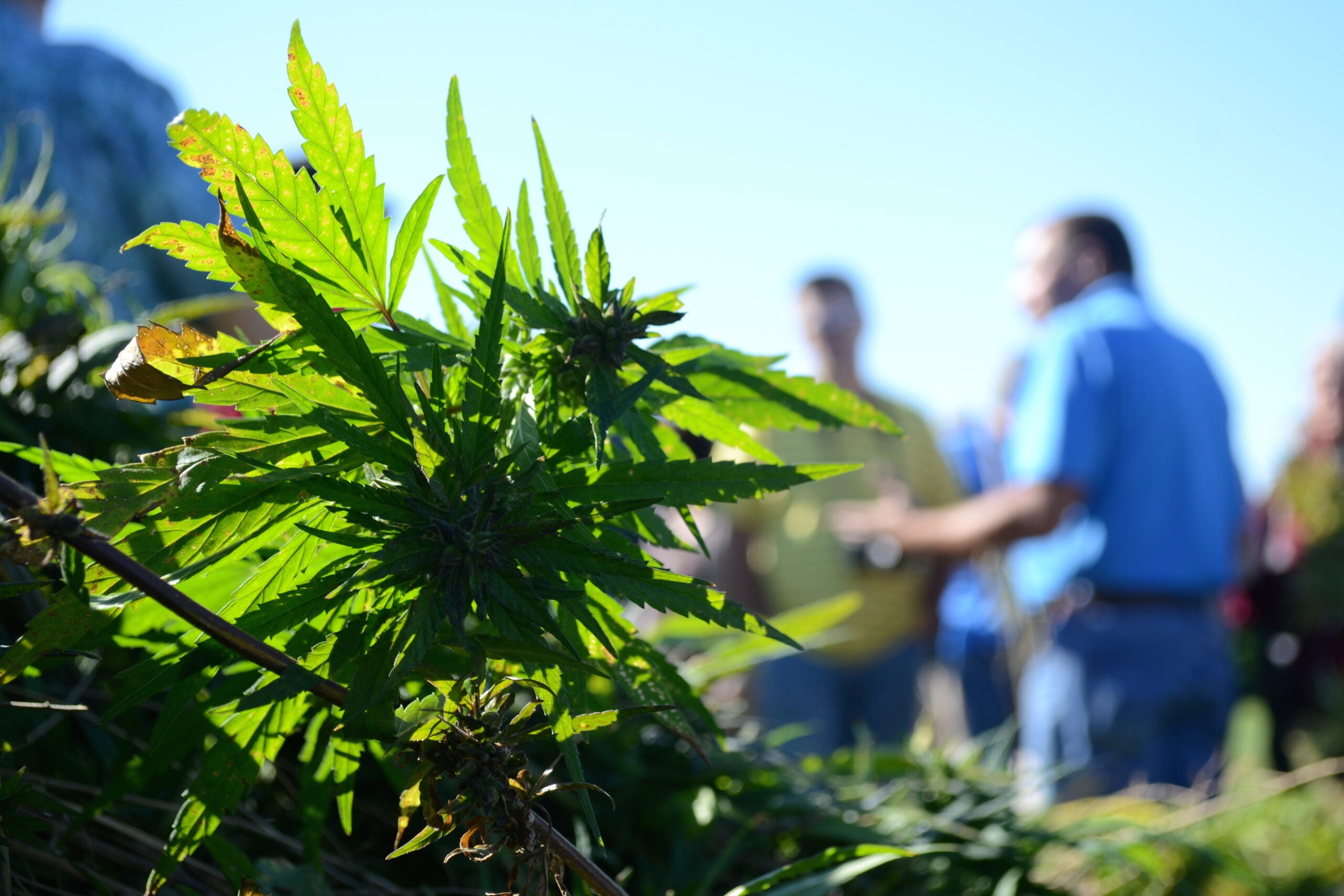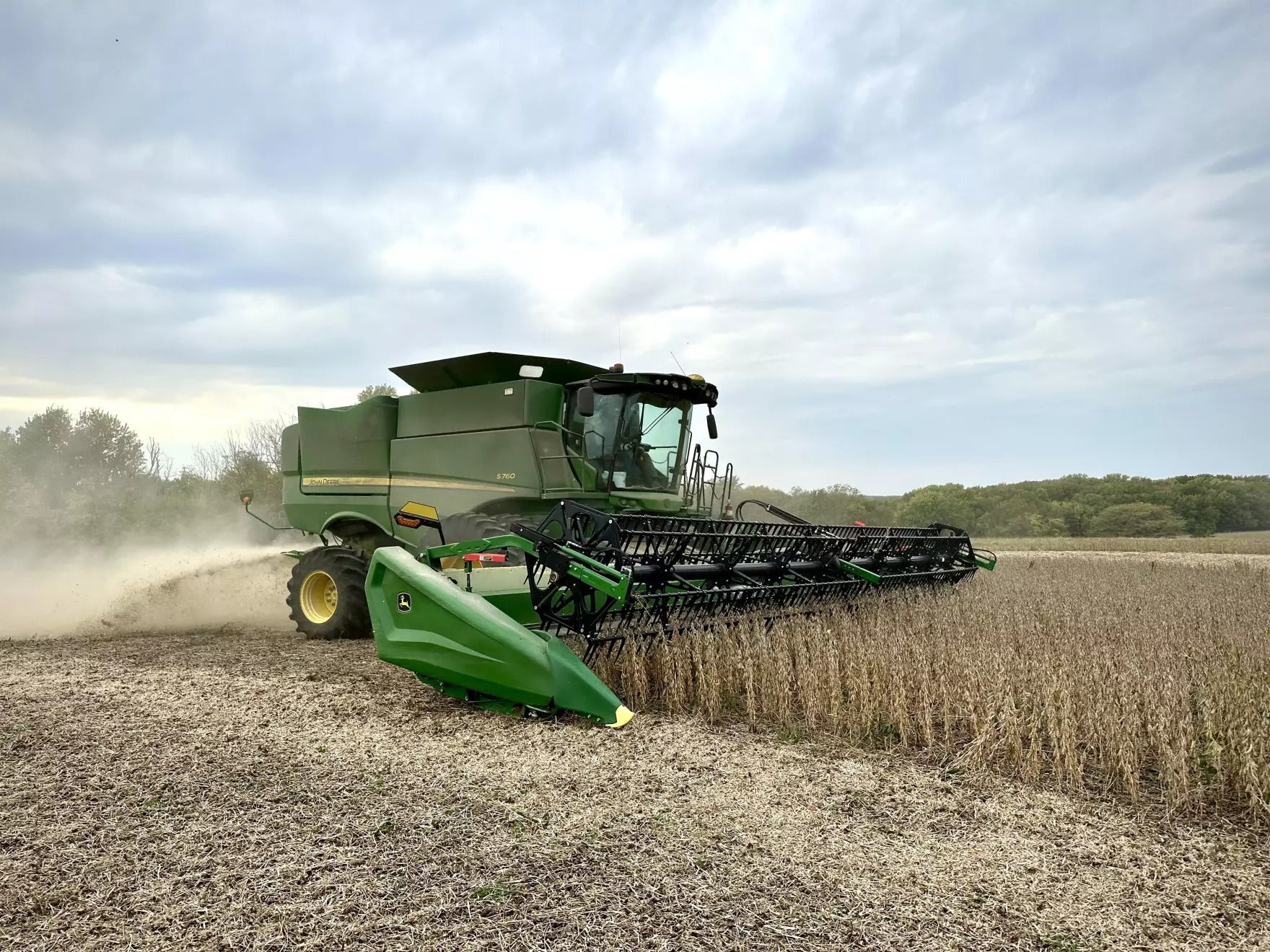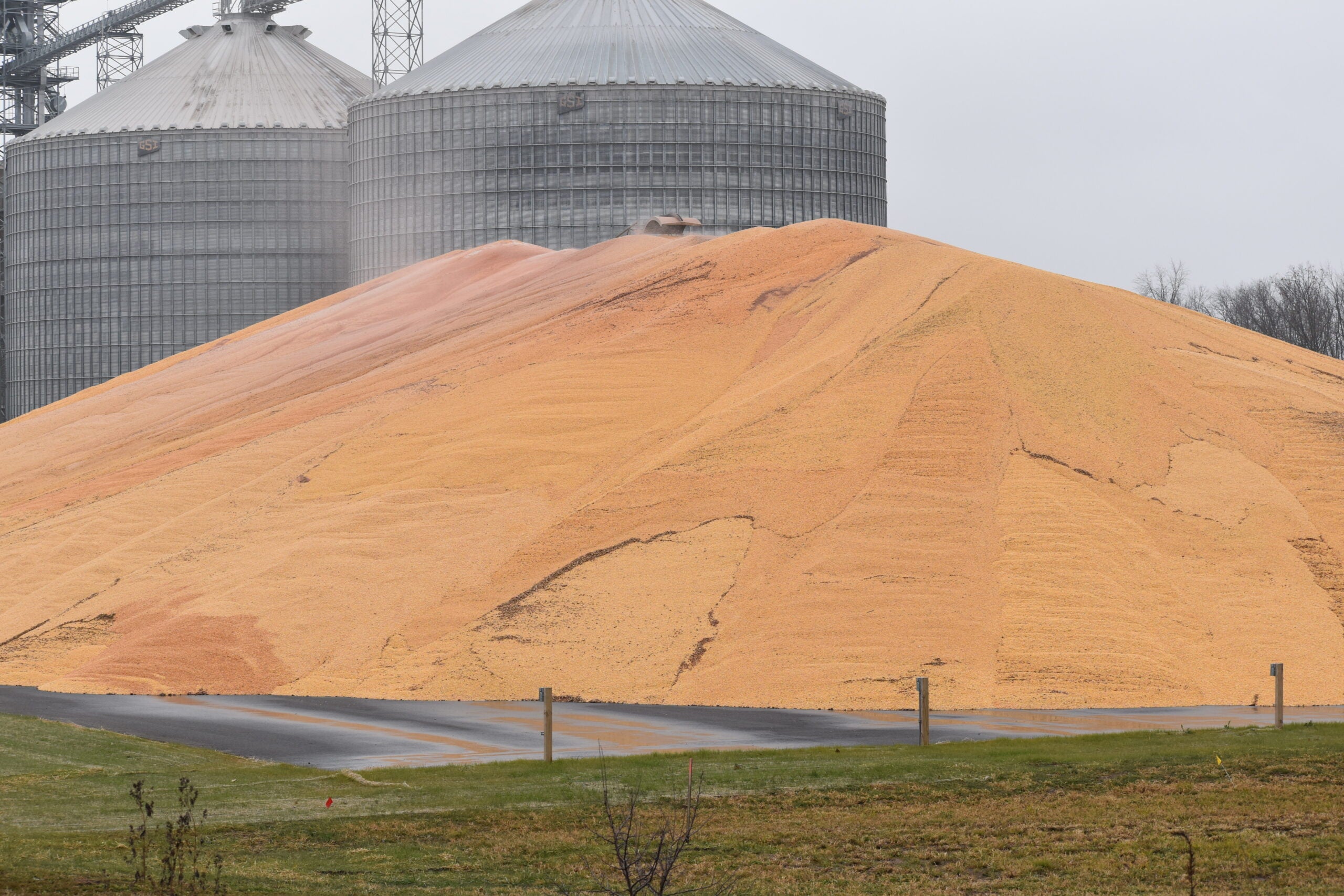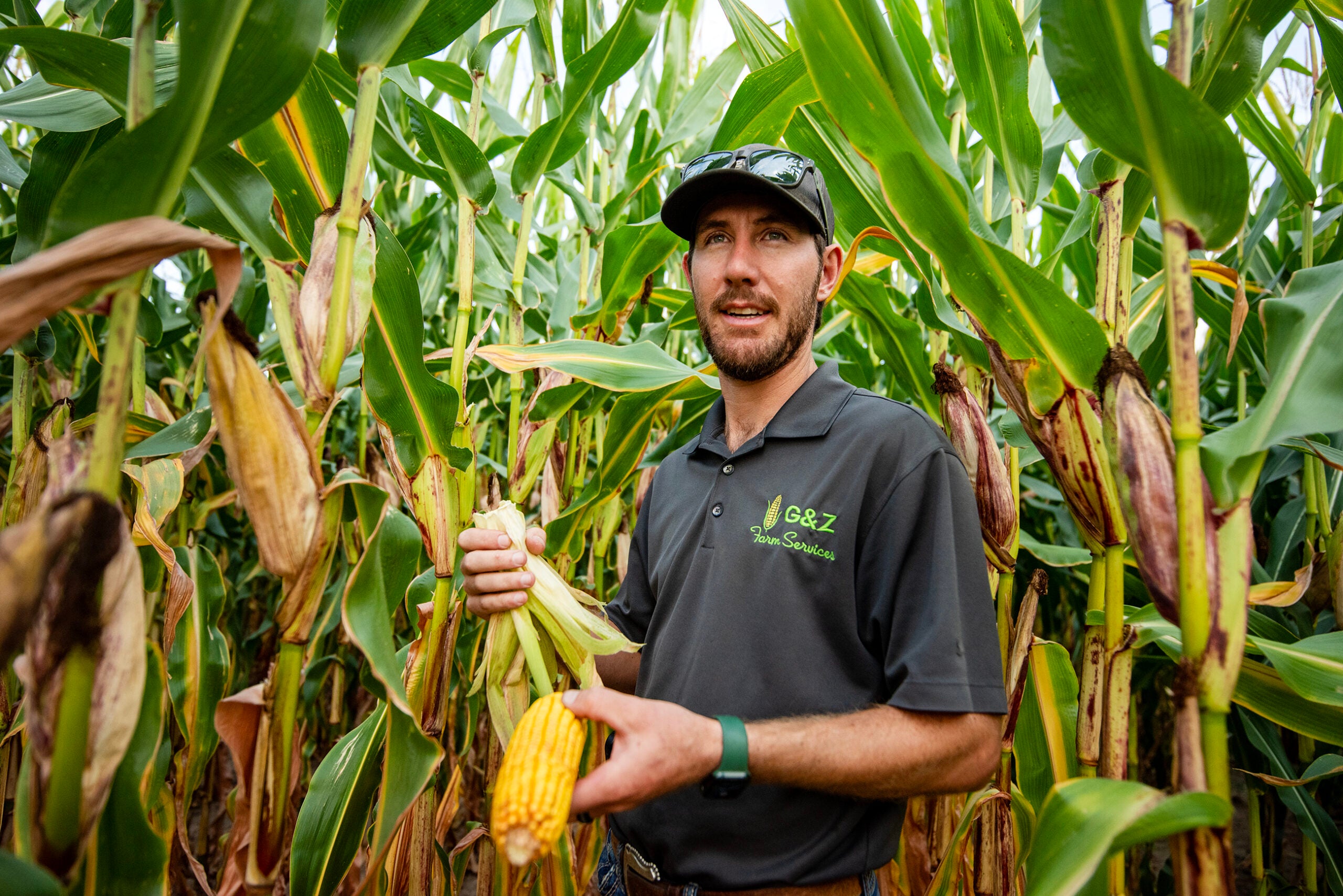Around 100 farmers interested in growing hemp as a cash crop gathered Wednesday in Barron County. Some say they’re considering planting test plots as early as next year, just months after lawmakers lifted a ban on the crop.
Hemp is a strain of cannabis with low concentrations of the psychoactive ingredient in marijuana known as THC. Hemp products like hemp oil, protein powders and roasted hemp seeds are becoming increasingly popular.
The meeting room at the Barron County Government Center was nearly filled for a presentation by Minnesota hemp farmer John Strohfus who began growing hemp in 2016, a year after Minnesota legalized it’s production.
News with a little more humanity
WPR’s “Wisconsin Today” newsletter keeps you connected to the state you love without feeling overwhelmed. No paywall. No agenda. No corporate filter.
He talked about sourcing seeds, harvesting and marketing hemp products just weeks after Gov. Scott Walker signed a bill legalizing it’s production in Wisconsin. Strohfufs said he’s been getting at least two calls a day from Wisconsin farmers who have heard about hemp bringing more profit than traditional crops.
“I’m hopeful that the excitement is not generated by a false sense of opportunity financially,” said Strohfus. “I think hemp can be a good cash crop, can certainly be better than corn, and can be competitive or higher than soybeans at current prices.”
Strohfus said while the Wisconsin hemp bill was being considered, some testimony claimed farmers could make upwards of $1,000 per acre planted. He said that’s unrealistic. Strohfus said profits of $200 to $300 per acre are achievable though, which places hemp’s profitability ahead of corn and in line with what farmers can get per acre on soybeans.
Larry Evers grows soybeans and corn in the Barron County Village of Prairie Farm. He said low commodity prices have made profiting tough and he’s considering planting a five acre test plot of hemp as early as next year.
“I think it’s a very viable opportunity because Wisconsin used to do it years ago,” said Evers. “So, I don’t see where it wouldn’t be profitable again.”
Since the signing of Wisconsin’s hemp growing bill on Nov. 30, the state Department of Agriculture, Trade and Consumer Protection has been busy writing an emergency rule, which will set regulations for hemp production in Wisconsin.
According to the National Conference of State Legislatures, 34 states have passed legislation related to industrial hemp production. While the 2014 Farm Bill authorized hemp farming on a national level, the federal Drug Enforcement Agency still considers some products that come from hemp, namely cannabidiol, or CDB, oil a Schedule I narcotic.
Wisconsin Public Radio, © Copyright 2026, Board of Regents of the University of Wisconsin System and Wisconsin Educational Communications Board.







